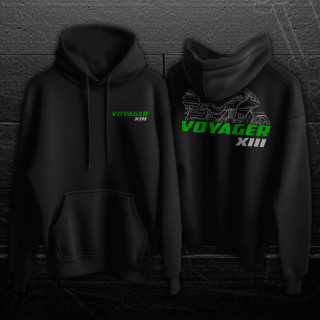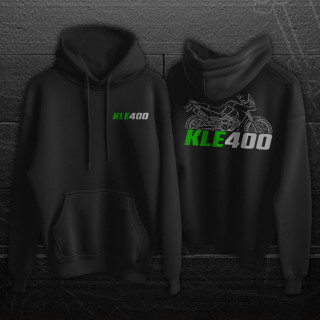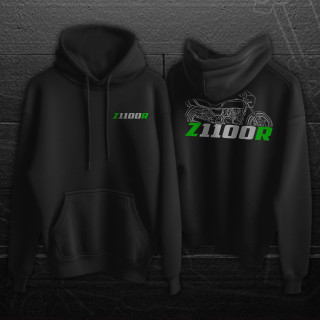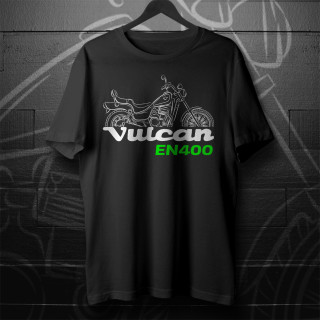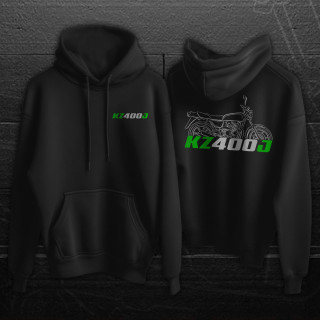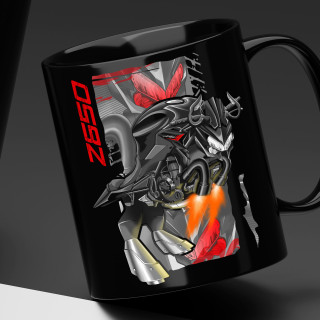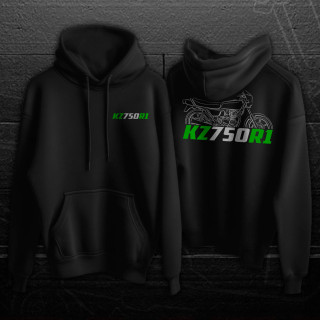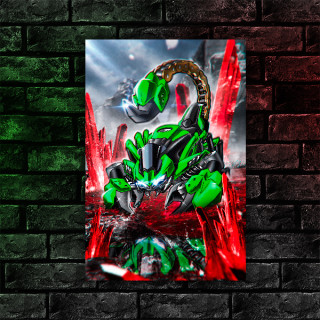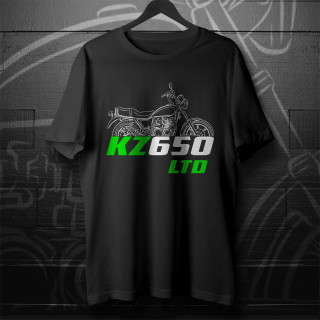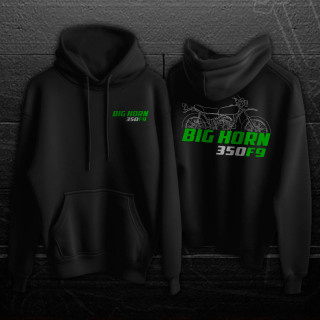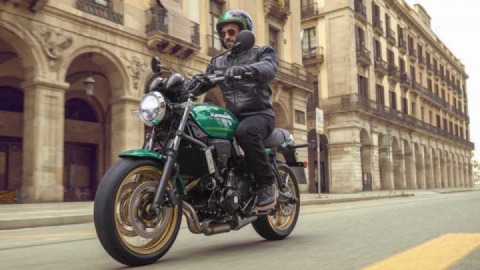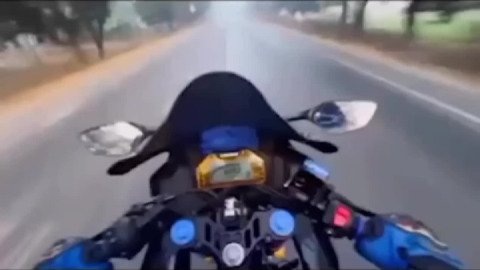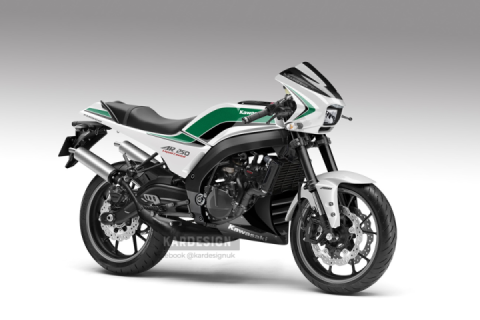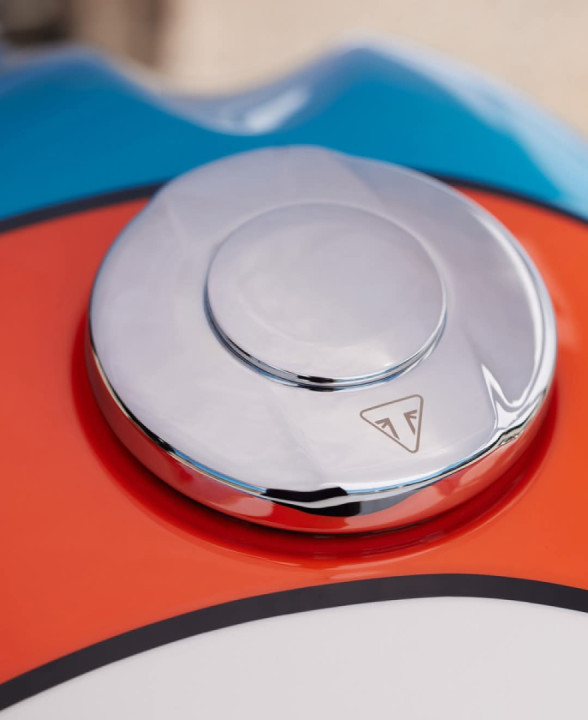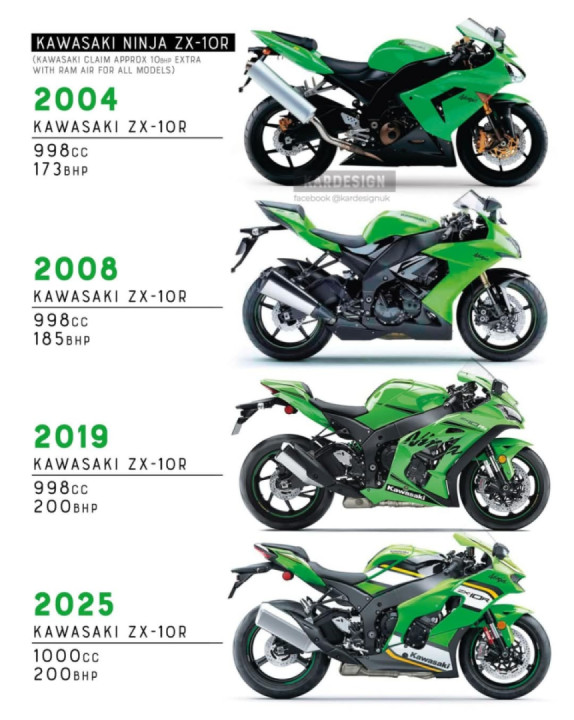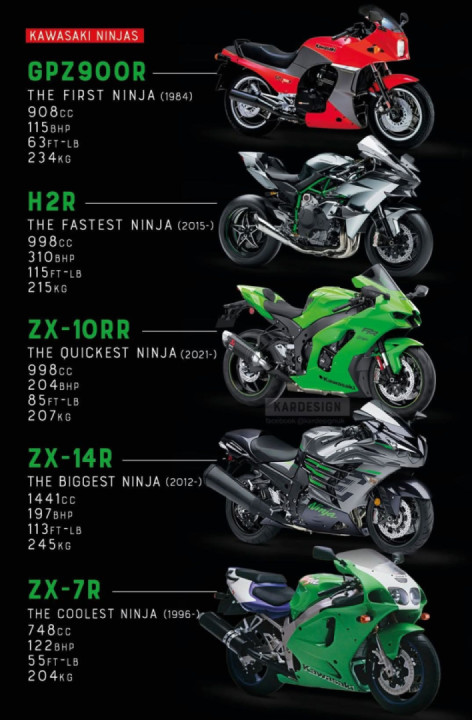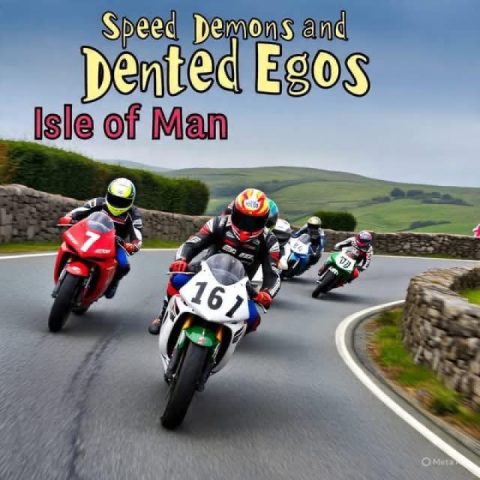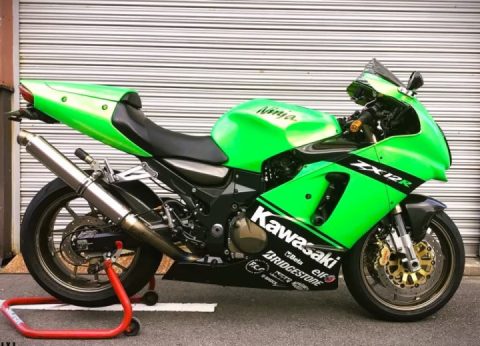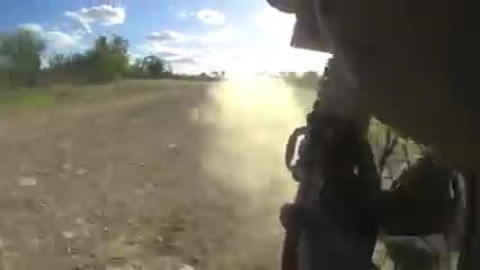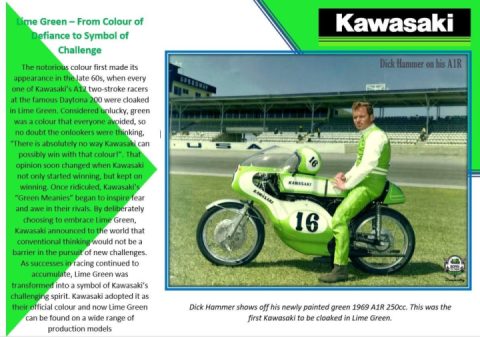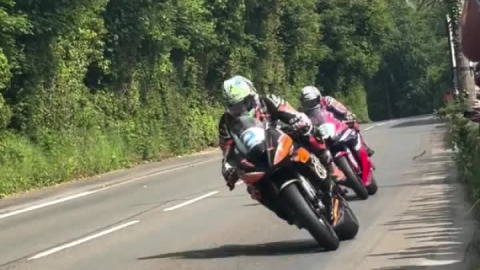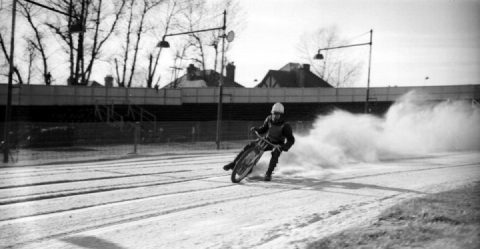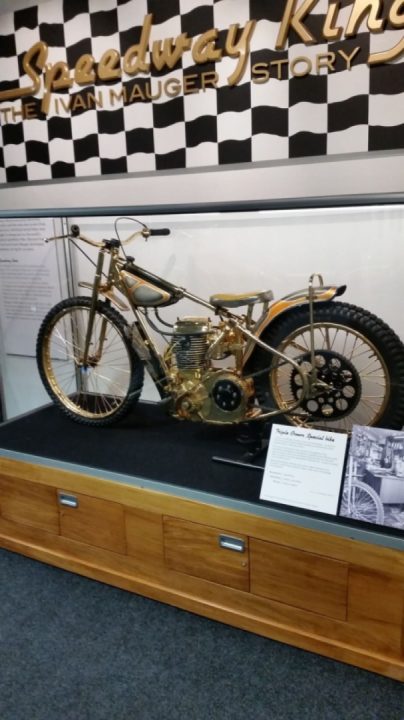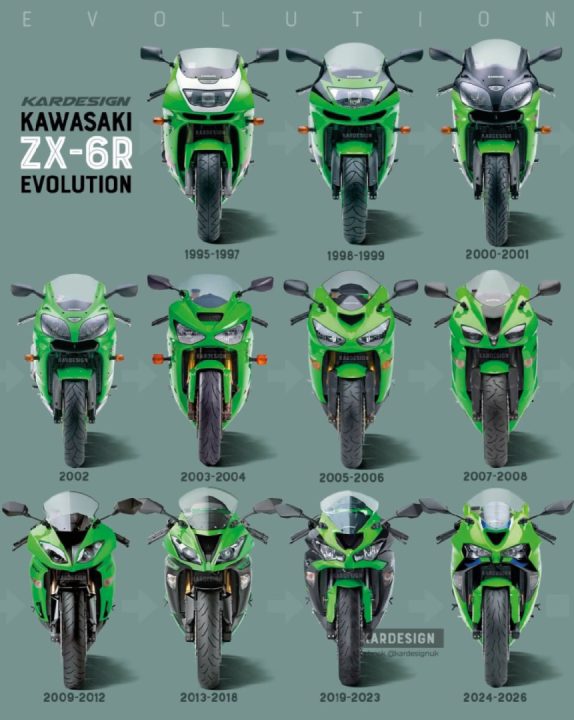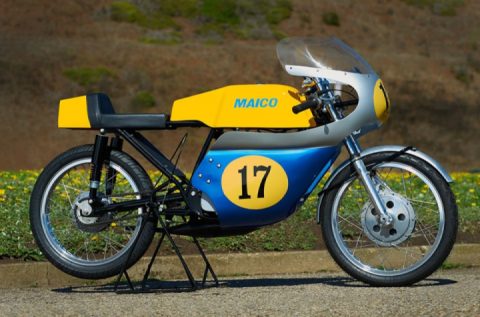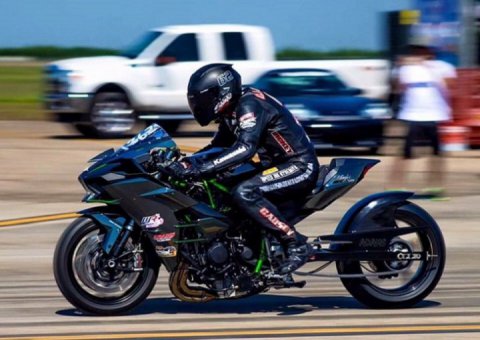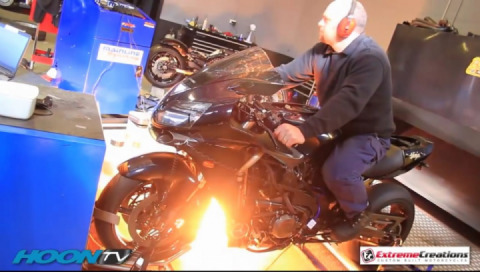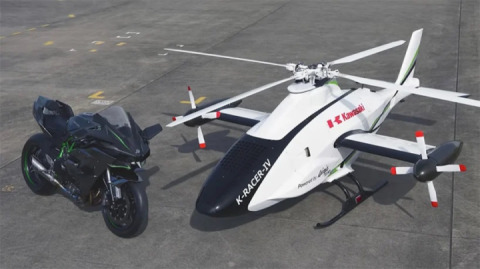The Daytona Speedway of 1972 was a lot different from today’s Daytona International Speedway. The stacks of bleachers had yet to be built, as well as the buildings that grace the infield. Instead, we see a long patch of dirt and grass, surrounded by that same familiar oval.
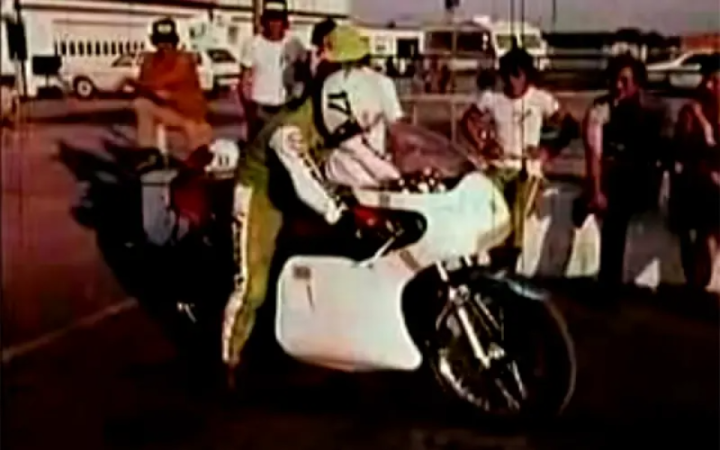
It was here, 50 years ago, that Kawasaki brought its new Z1 900 (three of them, actually) to demonstrate the new bike to journalists — and attempt to shatter a 24-hour speed record. The feat would put the Z1 on the map as the world’s fastest production motorcycle.
In the short documentary, So Far So Fast, the narrator calls the Kawasaki a “touring bike.” But honestly, it was one of the first Japanese superbikes. According to this auction listing for a beautiful 1973 model, the Z1 900 really broke the mold when it came to Japanese motorcycles, with its 900-cc 4-cylinder engine putting out 81 hp at 8,500 rpm and a top speed of 130 mph. At the time, most high-performance bikes were around 750 cc.
To prepare for the record-breaking event, the three Z1 900s were clad in racing fairings, so they didn’t exactly resemble showroom bikes. Other adjustments were made to the handlebars and seats to better prepare the bikes for a grueling 24 hours on the track, covering a distance equivalent to riding from Los Angeles to Baltimore.
The documentary isn’t very long, just under 28 minutes. The camera crew follows the riders and team around as they prep the bikes for the long, high-speed ride ahead. It was a slog for everybody — check out the crew push-starting a bike to get it back on track. And consider the riders, sitting astride some major horsepower — being reigned in by ‘70s-era brake technology.
At the end of the 24-hour marathon, Kawasaki nabbed the FIM and AMA 24-hour endurance records, covering 2,631 miles at an average speed of 109.64 mph. Can you imagine running on that& bike, for that many hours, at that speed? Altogether, according to the documentary, Kawasaki broke 52 different records at Daytona.
While the Z1 900 wasn’t the world’s first superbike, it set a precedent for the race-replica machines we love today. Kawasaki would go on to push the envelope even further: The Z1 eventually grew to 1,000 cc, and today, we have Kawasaki’s delightful Z900RS, a retro-inspired design that debuted 2018. While it’s not the original Z1 900, it stays true to its superbike origins, while bringing its braking tech up to modern standards.
#Kawasaki #Z1 #Classic #Race #Bike #Moto
Sourse: jalopnik



